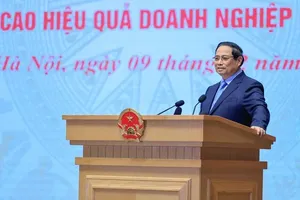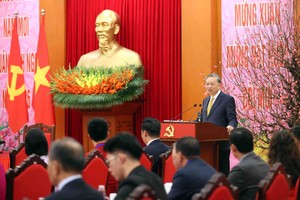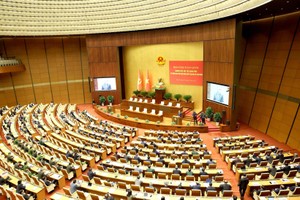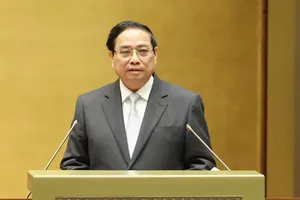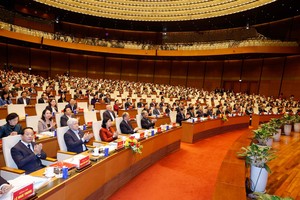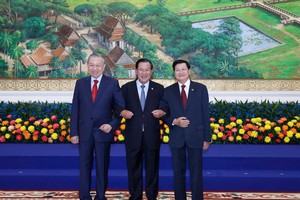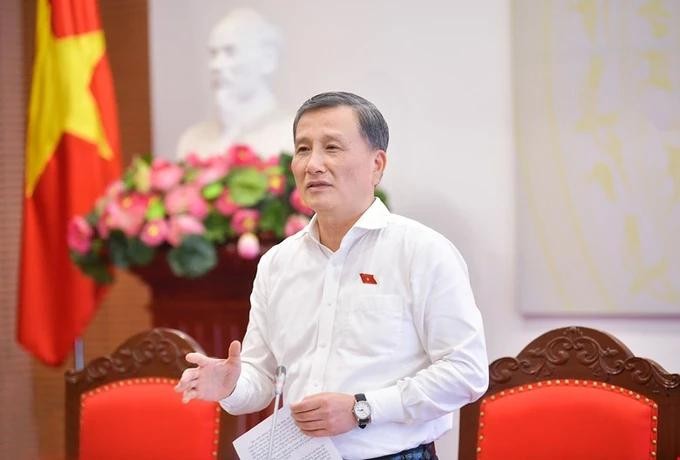
Within the framework of the 38th session of the National Assembly's Standing Committee held yesterday, Minister of Information and Communications Nguyen Manh Hung stated that the proposed draft law outlines practical policies aimed at establishing a clear legal framework, particularly for digital technology products and services. This initiative seeks to foster the growth of the digital technology sector by introducing incentive mechanisms, which include specific investment incentives and support tailored for the industry.
Submitting the government's proposal on the Digital Technology Industry Law, Minister of Information and Communications Nguyen Manh Hung revealed that the draft law has many regulations on digital assets and artificial intelligence as well as many incentive policies to develop the semiconductor industry.
During the meeting, several members of the National Assembly's Standing Committee proposed clarifying the relationship between the new bill and the existing Information Technology Law.
Addressing the semiconductor industry, Economic Committee Chairman Vu Hong Thanh noted that current regulations focus on traditional incentives, even though digital technologies have distinct characteristics. He added that referring to the Investment Law in this context is unclear.
Incentives of the right level should be included in this law, with special attention paid to simple administrative procedures.
Mentioning the application of AI, Head of the National Assembly's Committee on Science, Technology and Environment Le Quang Huy said that some people voiced their opinions that the provisions in the draft law are basically reasonable, but it is necessary to study and supplement regulations to limit the risks and impacts of AI technology on economic and social life such as ethical principles; research and development of AI created by Vietnam.
Moreover, several proposed allowing businesses with AI research projects to use data sources from state agencies; regulating the level of application of artificial intelligence in state agencies from solutions owned by domestic enterprises to encourage use and create markets.

